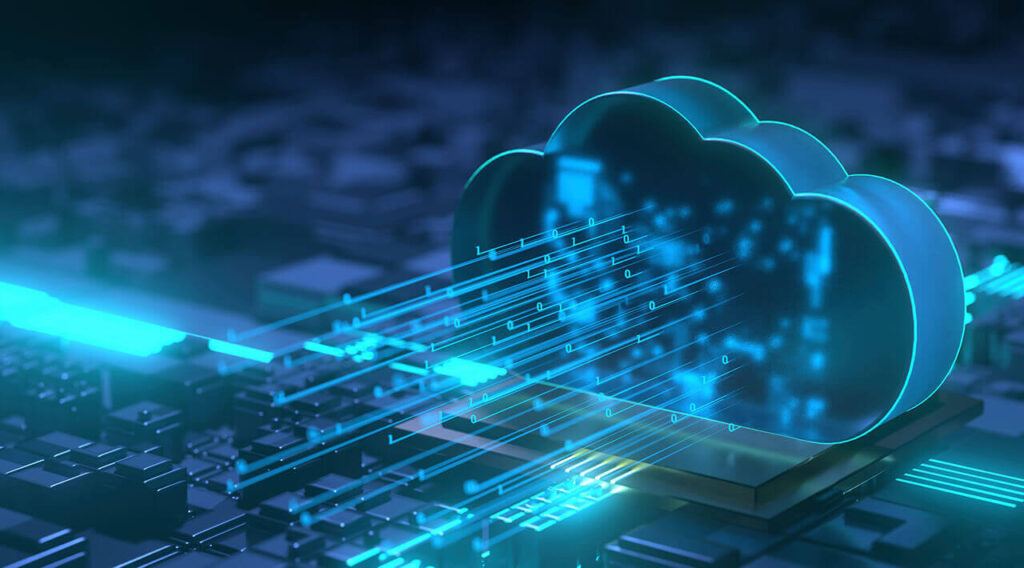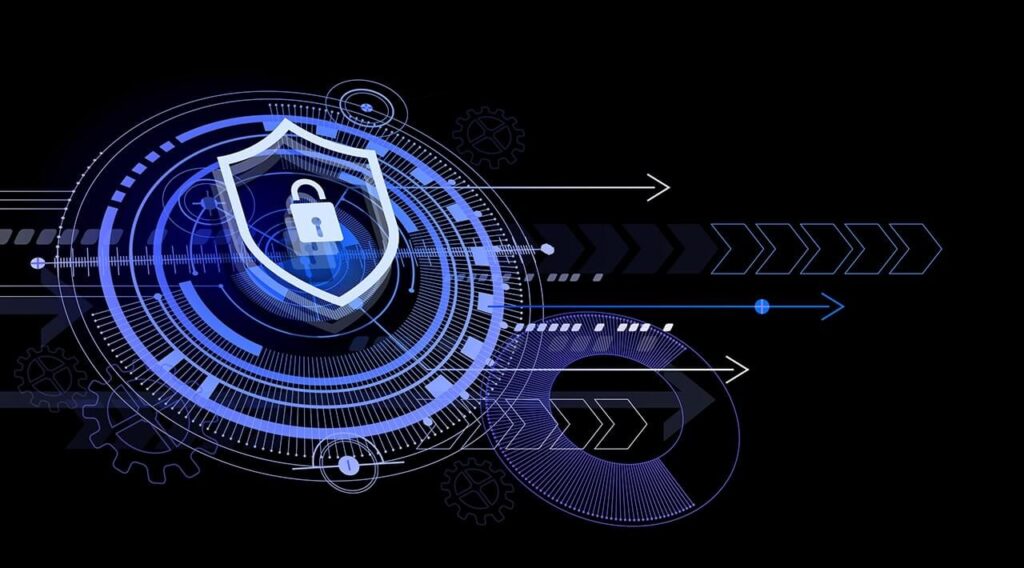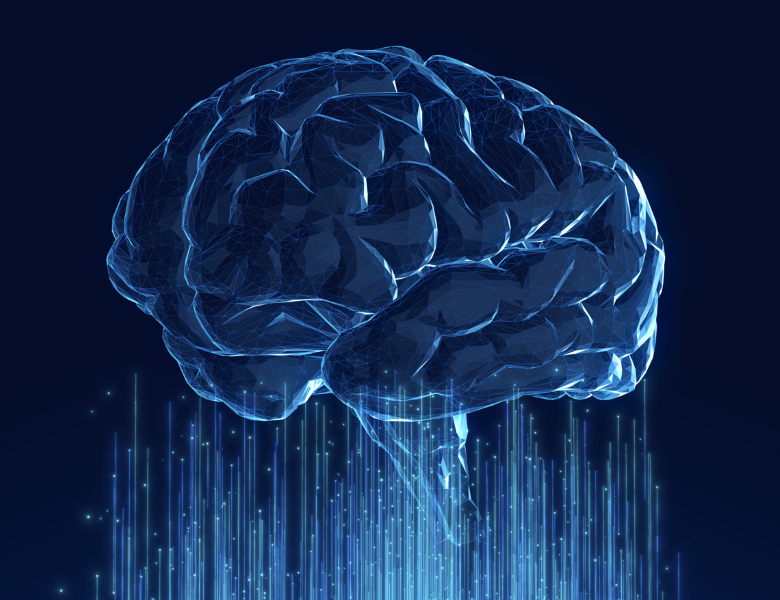CDN, Emotion, and Security
Nowadays, if you’re able to follow sports events, concerts, and games in real time and with high quality sound and image – and feel thrilled while doing so – then know that CDNs (Content Delivery Networks) play a crucial role in making this happen.
The acronym CDN, which means Content Distribution Network, was coined in the 1990s to describe a system of computers and networks interconnected via the internet to massively deliver large volumes of media content without facing quality and performance issues.
Today, CDNs ensure that all types of content – video, audio, text and images – are delivered quickly and efficiently to viewers around the world. CDNs are the basis of the infrastructure of essential services today, such as cloud applications and social networks.
When broadcasting major events, through this advanced network solution we can feel along with the athletes the excitement of the competitions and sports achievements. Technology has also made it possible to introduce interactive features in real time, such as live commentary, social media discussions and the ability to choose different camera angles. With the advance of streaming technologies, CDNs enable video and audio online distribution with exceptional quality, providing an immersive visual and audio experience that brings the viewer closer to the action, with minimal latency and maximum entertainment.
And how does this happen?
CDNs distribute content from servers located in different parts of the world. To do this, there are POPs (Points of Presence) strategically located in different regions. Each one of them stores a cached version of the content that needs to be delivered to users. This reduces latency since content is delivered from a server which is close to the end user. The use of multiple servers and distribution sites makes the transmissions reliable. If one server fails, another can take over, avoiding the interruption of transmissions.
CDNs also enable scalability – during large-scale events, such as international competitions, there can be significant increases in the number of viewers. CDNs are designed to scale quickly and handle large volumes of traffic, avoiding congestion and service failures. Furthermore, during large global events, it’s important to remember that data security is a constant concern; CDNs help protect content against DDoS attacks and other threats, ensuring that the service remains available and secure.
Another benefit provided by CDNs is the possibility of customizing content based on the viewer’s geographical location. This can include the delivery of comments in different languages and specific content for different regions, without interruptions or failures, 24 hours a day.
Advantages and disadvantages of CDN
For society in general, such as viewers and social network users, CDN provides customized and immediate content, which is a great benefit. For companies, however, CDN infrastructure has both positive and negative sides that must be weighed up.
Increased infrastructure security and resilience:
By distributing content geographically, CDNs ensure that access to that content remains available even in the event of local server failures. By this same mechanism, they help mitigate distributed denial of service (DDoS) attacks. By distributing traffic between several servers, they create a more resilient environment, which is crucial for business continuity.
Many CDNs also offer security features, such as encryption of data in transit and user authentication, and often include monitoring tools that detect suspicious activity and respond quickly to potential threats, improving resource management and responses to incidents.
Management complexity and expertise:
Although CDNs offer security, they can also introduce new vulnerabilities. For example, if they’re not adequately configured, they can allow unauthorized access or expose sensitive data. Integrating CDNs into the IT infrastructure can add complexity to security management. Companies need to ensure that security configurations are adequate and that access policies are strictly enforced.
Using CDNs means relying on external providers for data security and integrity. If a CDN provider suffers a breach, it could compromise the data of the companies that rely on them.
Companies operating in regulated industries may face challenges in ensuring that their use of CDNs complies with data protection laws, such as the GDPR. This may require additional audits and monitoring.
CDNs offer numerous benefits in terms of cybersecurity, but they also present challenges that companies must take into consideration. The key is finding a balance between taking advantage of the CDNs and implementing robust security measures to mitigate the associated risks.

Author:
José Eduardo Leão de Freitas
Director of Connectivity Products
Cirion Brasil










